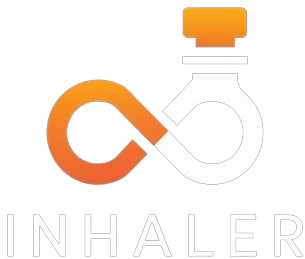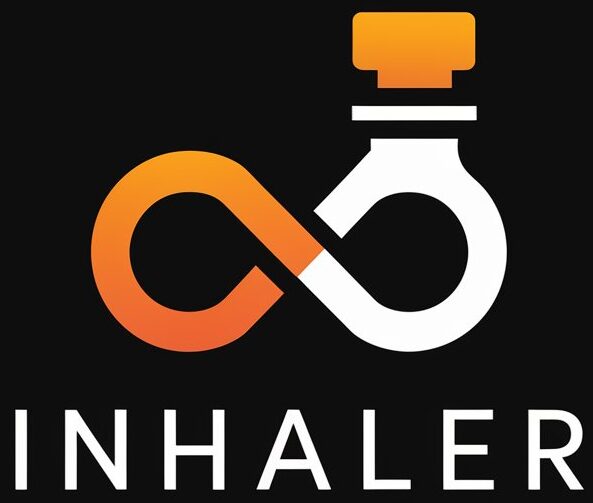Over-the-counter (OTC) inhalers provide a vital lifeline to the millions of Americans suffering from respiratory ailments, such as asthma and chronic obstructive pulmonary disease (COPD). These OTC products often serve as the first line of defense against flare-ups, providing relief from bothersome symptoms. While their utility is beyond question, the process through which they made it to the market shelves might seem complicated to the layman. A key player in these behind-the-scenes happenings is the U.S. Food and Drug Administration (FDA). This agency is responsible for safeguarding public health by ensuring the safety, efficacy, and security of drugs, including OTC inhalers.
The FDA’s Role
The U.S. FDA plays a key role in overseeing the market entry of OTC inhalers. To procure FDA approval, a product must meet rigorous safety and efficacy benchmarks. The effectiveness of an OTC inhaler is gauged through large-scale, controlled, and blinded trials. To establish safety, the manufacturer has to demonstrate that the inhaler is safe when used as directed.
While an OTC inhaler does not require a prescription, these medical devices aren’t manufactured or sold indiscriminately. The FDA has laid out specific requirements for the contents and labelling of OTC inhalers. Inhaler manufacturers are obligated to follow these, which ensures a standard of quality across the board.
The Approval Process
The FDA’s approval journey for OTC inhalers, much like other medical products, involves three phases: preclinical, clinical and post-marketing surveillance.
In the preclinical phase, new inhaler compounds are tested in the lab and on animals to estimate safety and effectiveness. If the compound shows promise, the manufacturer submits an Investigational New Drug application to the FDA. This includes data from the preclinical trials and proposes human clinical trials.
The clinical trial stage is then broken down into three phases. Phase I tests the inhaler on about 20 to 100 healthy volunteers to check for safety and dosage. Phase II involves several hundred people who are suffering from the condition the inhaler aims to treat; the goal here is primarily to evaluate the inhaler’s effectiveness and side effects. Phase III trials involve up to several thousand patients to verify effectiveness, monitor side effects, compare to common treatments and collect information for safe use.
If all goes well up to this point, the manufacturer submits a New Drug Application, which is scruitinized by FDA’s review team. If deemed acceptable, the product is approved for sale without a prescription and moved into the post-marketing surveillance phase. This involves continuous monitoring for unexpected adverse effects once the medication is in consumer hands.
Conclusion
The role of the FDA in approving OTC inhalers is a critical one to ensure the safety and efficacy of these devices. The extensive and painstaking process that these products undergo before they reach the market ensures that the inhalers are not just effective in providing relief from symptoms, but also safe for public use. Consumers can rest easy knowing that the FDA’s stringent regulations protect them from substandard and potentially harmful therapies.
Frequently Asked Questions
- Why are OTC inhalers regulated by the FDA?
OTC inhalers are medical devices that can greatly impact a person’s health, so it’s critical they are safe and effective. The FDA ensures this by setting standards and regulations that manufacturers must adhere to. - Are all OTC inhalers approved by the FDA safe?
While the FDA aims to ensure all OTC inhalers are safe for use, consumers must still use them as directed. Misuse can result in adverse effects. - What happens if an OTC inhaler is found to be dangerous after it is approved?
The FDA continues to monitor the safety of OTC inhalers even after they are approved. If a product is found to be dangerous, the FDA can take action to remove it from the market. - How long does it take for an OTC inhaler to get FDA approval?
The process of getting FDA approval varies, but it generally takes several years to gather all the necessary safety and effectiveness data through clinical trials. - Can consumers report issues with OTC inhalers to the FDA?
Yes, consumers can report adverse effects or issues with OTC inhalers to the FDA through the MedWatch Voluntary Reporting Form.

